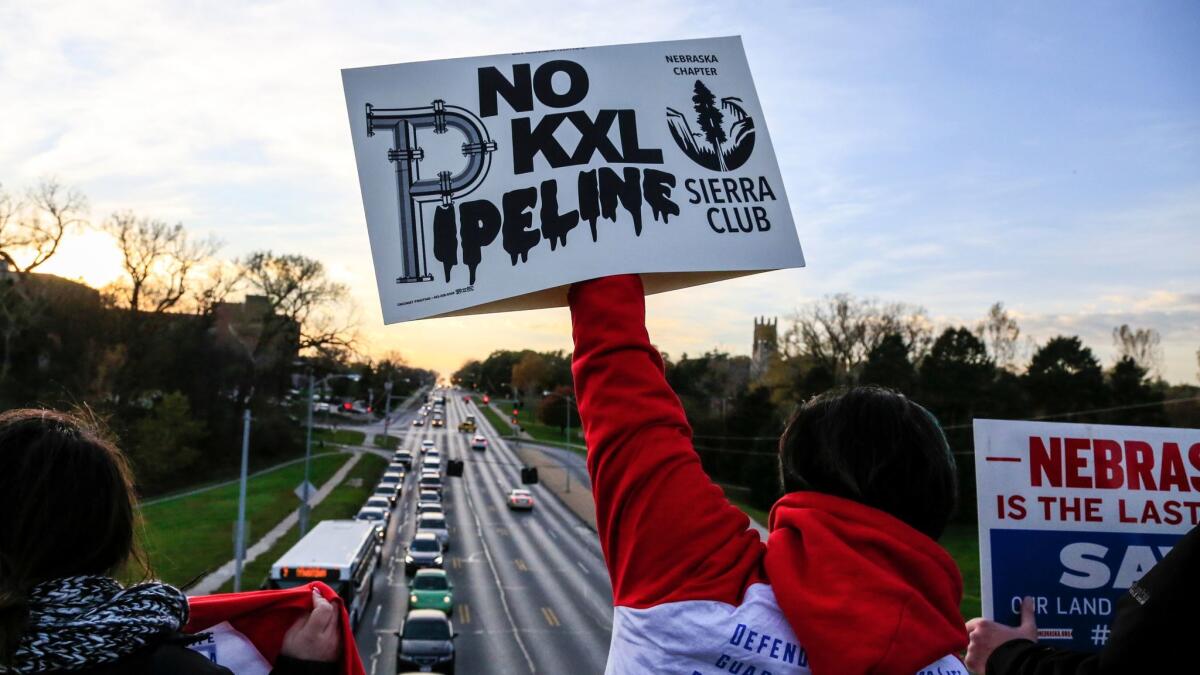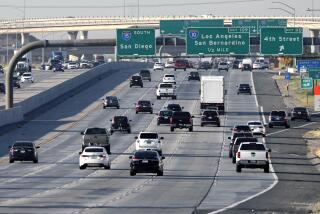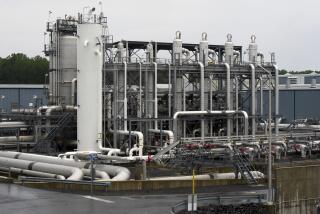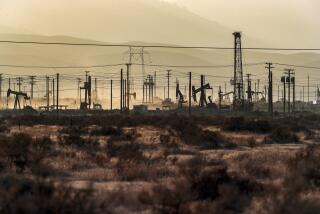Editorial: Keystone XL is still the wrong project for a world facing global warming. Kill it and be done

A decision Monday by the Nebraska Public Service Commission was supposed to settle the fate of TransCanada Corp.’s controversial $8-billion Keystone XL pipeline, which is designed to carry tar sands oil from Canada to U.S. refineries. But the commission didn’t give the company the green light it was looking for; instead, it approved a different and less-studied route for the pipeline than TransCanada wanted.
That change may only have added more uncertainty to a project that poses significant environmental risks in its construction and operation, and that would continue the kind of pro-carbon energy policies that are wreaking such havoc with the global climate. Fortunately, the delays that will arise from legal challenges to the new route will likely make tar sands oil costlier and harder to sell, which means the market may ultimately do what the government should have done: Kill the project.
Ending the Keystone XL project would send a powerful message to the markets, but would not cure our over-reliance on oil. The U.S. already has 72,000 miles of crude oil pipelines — up 29% since 2011 — within a 208,000-mile network carrying oil, gasoline and other liquid fossil fuels across the country.
Proponents also argue that if the pipeline doesn’t get built, the tar sands oil would move to market anyway through alternative (and more expensive) means such as rail or truck tankers, which they argue pose a higher risk of spilling oil into the environment. But that’s not completely true. Train and truck accidents may indeed occur more often than pipeline breaks, but such accidents leak a small amount of oil compared to pipeline spills. Keystone itself proved that point last week when a single leak in an already operating section of its 2,687-mile pipeline system spewed 210,000 gallons of oil — or about two dozen tanker truck loads — onto South Dakota farmland.
The delays that will arise from legal challenges to the new route will likely make tar sands oil costlier and harder to sell.
TransCanada greeted Monday’s ruling with a measured response, saying it would try to figure out how the approved route will affect the project’s cost and schedule, which would require negotiating for easements with a whole new list of property owners. In the near-decade since TransCanada proposed the Keystone pipeline, fracking has flooded the market with cheaper oil and natural gas, and although TransCanada says it is confident it will find buyers for the piped oil, that isn’t guaranteed. While those issues play out, the price of generating power from alternative renewable energy sources will continue to decrease, making the tar sands oil — thick and expensive to refine — less financially attractive.
More broadly, it is just such projects as the Keystone XL pipeline that test our resolve in addressing the damage we are doing to the environment, and to ourselves, through the burning of fossil fuels. Citing the contributions the tar sands oil would make to global warming, President Obama killed the pipeline last November. Four days after taking office, President Trump reversed the decision and opened the path for the project to continue as part of his ill-considered dream of making the U.S. a dominant supplier of fossil fuels to a world that has already decided it would rather do with less of them. From an economic standpoint, that means Trump wants to invest even more deeply in products — oil, gas and coal — that the rest of the world is trying to abandon. That not only is a bad business decision, it’s bad government policy and a dangerous refusal to recognize the risks of a warming climate to low-lying infrastructure, the natural world and global political stability.
It would have been better had the federal government stuck with Obama’s position on Keystone XL, or had the Nebraska regulators refused to approve the pipeline at all. It’s frustrating that in granting permission, the commissioners said they recognized the environmental risks, but found them worth taking in light of the tax revenues the pipeline could generate for the state and local governments. That’s penny-wise, pound-foolish reasoning. We need to move away from pipelines and oil, pit mines and coal (and eventually natural gas) if we are to keep this planet livable for us all — even Nebraska Public Service commissioners.
Follow the Opinion section on Twitter @latimesopinion or Facebook
More to Read
A cure for the common opinion
Get thought-provoking perspectives with our weekly newsletter.
You may occasionally receive promotional content from the Los Angeles Times.










